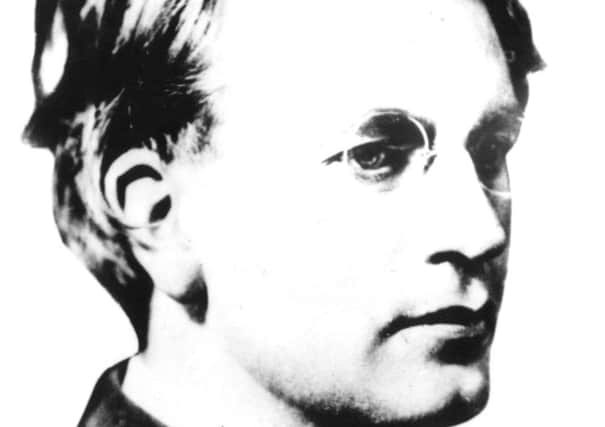Ian Cowley: Aftermath of IndyRef and Brexit have given us a new identity in Europe


But as I came to the end of secondary school I was presented with the opportunity to spend a year studying the baccalauréate in France.
I ended up in the acutely provincial town of Niort, in western France. It gave me my first true insight into what people from other countries really thought of Scotland and the Scots.
Advertisement
Hide AdAdvertisement
Hide AdAt first I was just another rosbif – more Auld Enemy than Auld Alliance. But following some painstaking work on my behalf to point out the differences between ourselves and the English, I gradually became known by the more endearing, though slightly patronising, mon petit écossais.
Scotland was, for my French counterparts, a land of monsters, castles and misty lochs, of bagpipes and kilts. The most pertinent question was whether we wore anything under our kilts, and I remember vividly being asked why there weren’t any famous people in Scotland, apart from the great Sean Connery, of course. (I did point out that we’d also produced some of the finest philosophers, economists and inventors of the modern world).
More than 20 years on from these experiences, I’ve noted a serious shift in the attitude towards Scotland from people I meet around the world. Yes, there are still many who ask what I wear under my kilt, but following devolution, Indyref and Brexit, the questions I’m asked have taken on a new direction.
I returned to Scotland after my French adventure, and after graduating from university, I was offered a job in Madrid. Perhaps it’s partly because it’s a big, European city, and capital of a country used to autonomous regions, but there I found people much more aware of Scotland and Scottish identity.
By then we’d had devolution and Scotland’s new status as a small, open-minded, European nation was being forged.
After the referendum and Brexit, more and more people I meet are keen to engage with me about Scotland. “Why did people vote No?”
“But you had a once in a lifetime opportunity to break free from the shackles of an oppressive relationship?”
“What will you do now that you are being dragged out of the EU against your will?”
Advertisement
Hide AdAdvertisement
Hide AdI’m currently based in San Sebastian, in the Basque Country. The Basques are fiercely proud and independent, long ruled from afar by governments they didn’t vote for. Whilst they hold onto their traditions dearly, they are also a very outward-looking and modern nation.
Here, people are acutely aware of Scottish affairs. They see us as an example to follow, a small nation punching above its weight in a strong union of other European nations. Is this the new Scotland?
Ian Cowley is a communications manager. He currently works for a start-up based in San Sebastian.